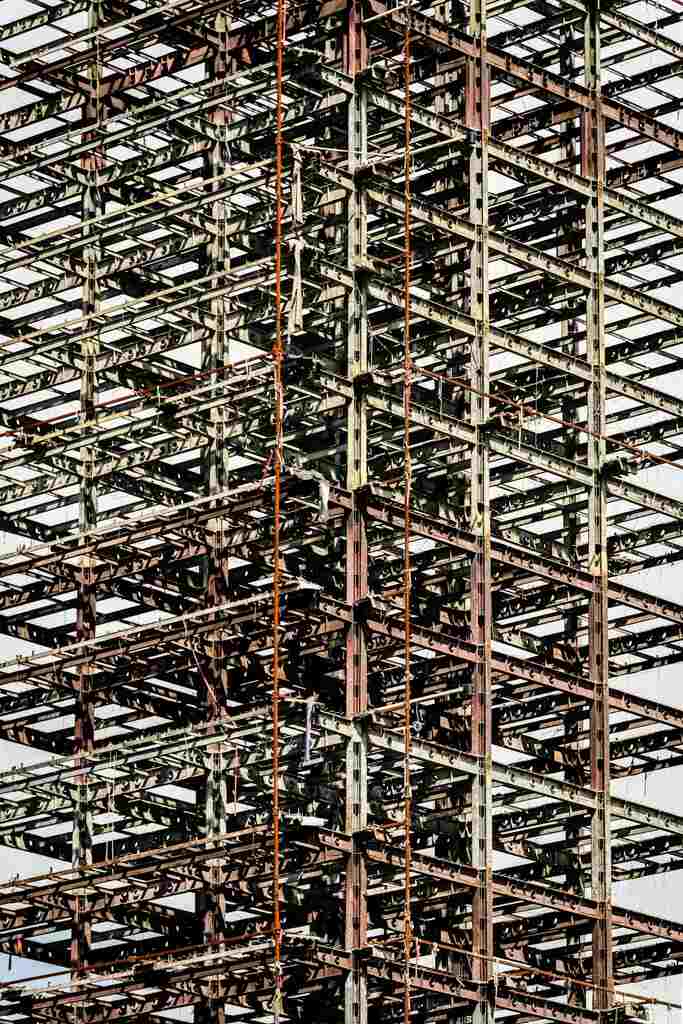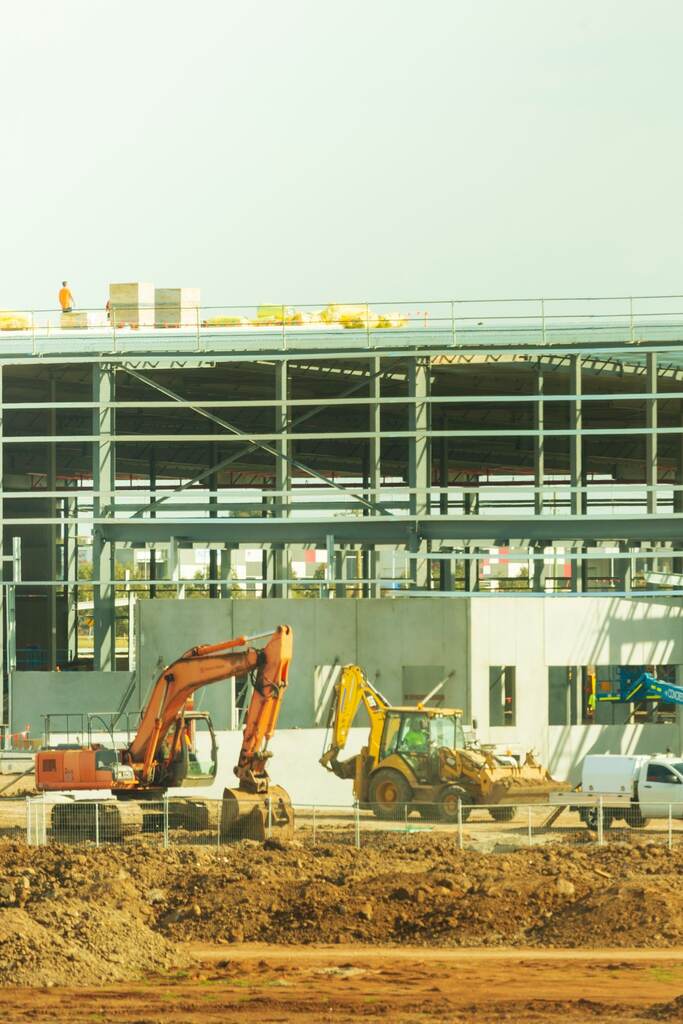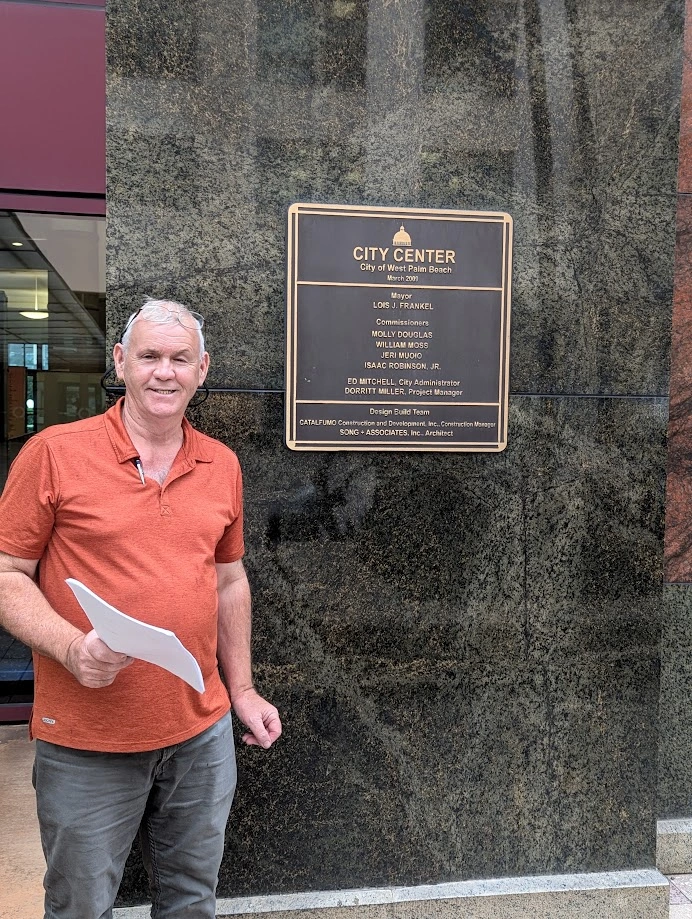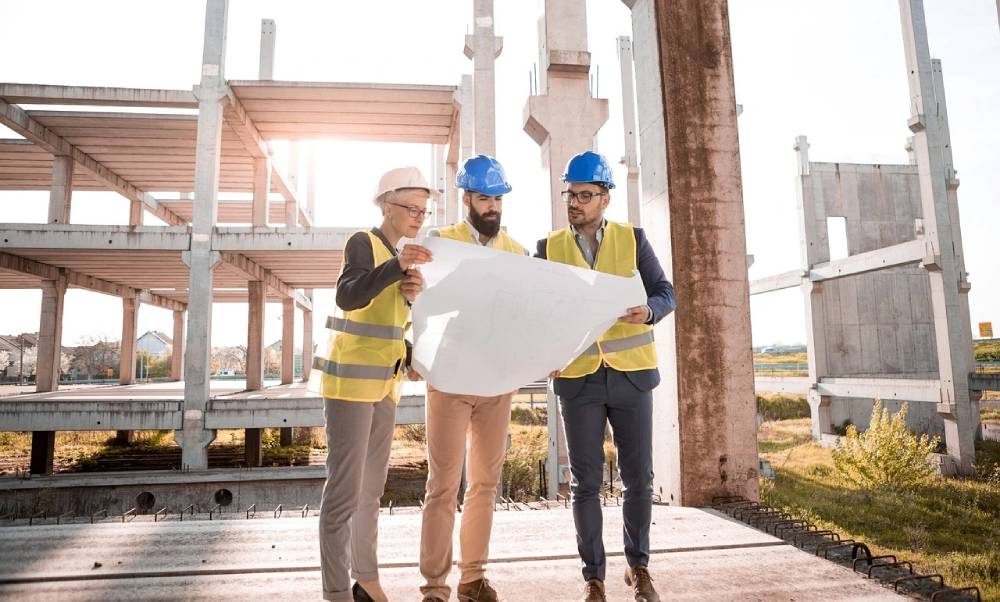What to Do When Faced With Problems Attaining Permits for Occupancy

Business, Code Violations, Permit Expediters, Property Liens
Obtaining permits for occupancy is a crucial step in any construction project. It ensures that the building is safe and up to code, protecting both the occupants and the surrounding community. However, the process of acquiring permits can be complex and time-consuming, and sometimes, problems may arise. In this article, we will discuss what to do when faced with problems attaining permits for occupancy.
Before we dive into the solutions, let’s first understand why permits are necessary. Permits are required by law to ensure that buildings are constructed safely and in compliance with building codes and regulations. These codes and regulations are in place to protect the health and safety of the occupants and the community. Without proper permits, a building may not be safe for occupancy, and it may also face legal consequences.
Now that we understand the importance of permits, let’s look at some common problems that may arise during the permit acquisition process.
- Delays: One of the most common problems with permit acquisition is delays. The process can be lengthy, and any delay can cause a ripple effect on the entire construction project.
- Missing Documents: Another issue that may arise is missing documents. The permit application process requires a lot of paperwork, and it’s easy to miss a document or two, which can delay the process.
- Code Compliance Issues: Sometimes, the building plans may not comply with building codes and regulations, leading to permit denials.
- Communication Problems: Miscommunication between the applicant and the permitting agency can also cause problems during the permit acquisition process.
Now that we know the common problems that may arise during the permit acquisition process, let’s discuss what to do when faced with these issues.

If you’re facing problems with permit acquisition, it’s best to seek professional help. A construction lawyer can guide you through the process and help you navigate any legal issues that may arise. They can also review your building plans and ensure that they comply with building codes and regulations, reducing the chances of permit denials.
If you’re facing delays or missing documents, it’s essential to communicate with the permitting agency. They can provide you with updates on the status of your application and inform you of any missing documents. It’s crucial to maintain open communication with the permitting agency to avoid any misunderstandings or delays.

If your permit application has been denied due to code compliance issues, it’s essential to review your building plans. You can consult with a construction lawyer or a building code consultant to ensure that your plans comply with all building codes and regulations. Making the necessary changes to your plans can increase your chances of permit approval.
If you’re facing significant delays or issues with the traditional permitting process, you may want to consider alternative permitting options. Some cities offer expedited or fast-track permitting for certain types of projects. You can also explore the option of a temporary occupancy permit, which allows you to occupy the building while completing the remaining permit requirements.

by Troy Mortier (https://unsplash.com/@troyscanon)
The best way to avoid problems with permit acquisition is to be proactive. Start the process early and ensure that all necessary documents are in order. It’s also essential to stay updated on any changes in building codes and regulations that may affect your project. Being proactive can save you time and money in the long run.
Let’s look at some real-world examples of how companies have dealt with problems attaining permits for occupancy.
A construction company in California was facing significant delays in obtaining a permit for a commercial building project. The permitting agency had requested additional documents, and the company was struggling to provide them. The delays were causing a ripple effect on the project, and the company was losing money.
To resolve the issue, the company hired a construction lawyer who helped them communicate with the permitting agency and provided them with the necessary documents. The permit was eventually approved, and the project was completed on time.
A construction company in New York was facing a code compliance issue with their building plans. The permitting agency had denied their permit application, citing non-compliance with building codes and regulations. The company consulted with a building code consultant who reviewed their plans and made the necessary changes. The permit was eventually approved, and the project was completed without any further issues.
Obtaining permits for occupancy is a crucial step in any construction project. However, problems may arise during the permit acquisition process, causing delays and other issues. By seeking professional help, maintaining open communication with the permitting agency, reviewing building plans for code compliance, and being proactive, you can overcome these problems and ensure a smooth permit acquisition process. Remember, it’s always better to address any issues early on to avoid costly delays and legal consequences.
‹ Back







